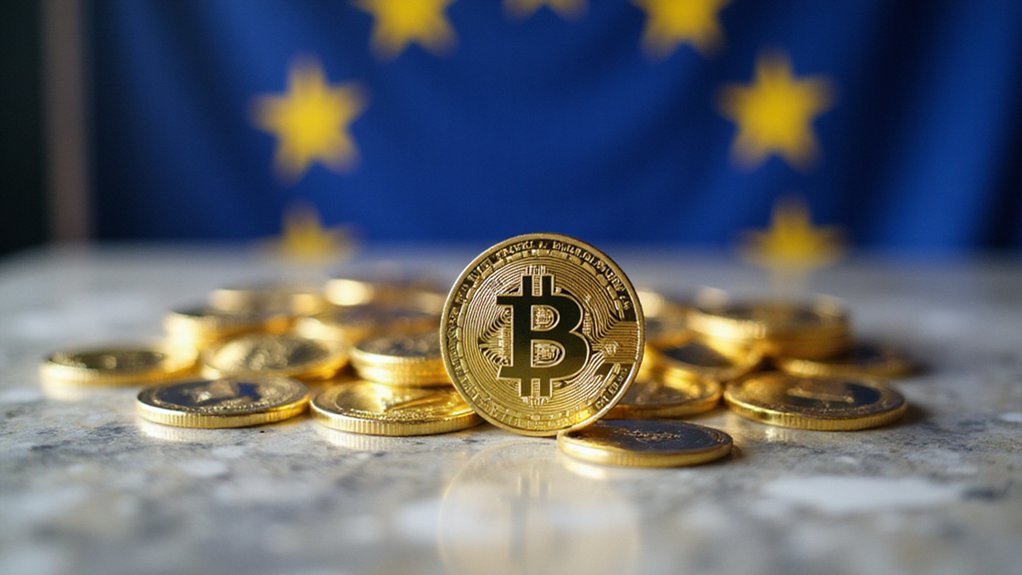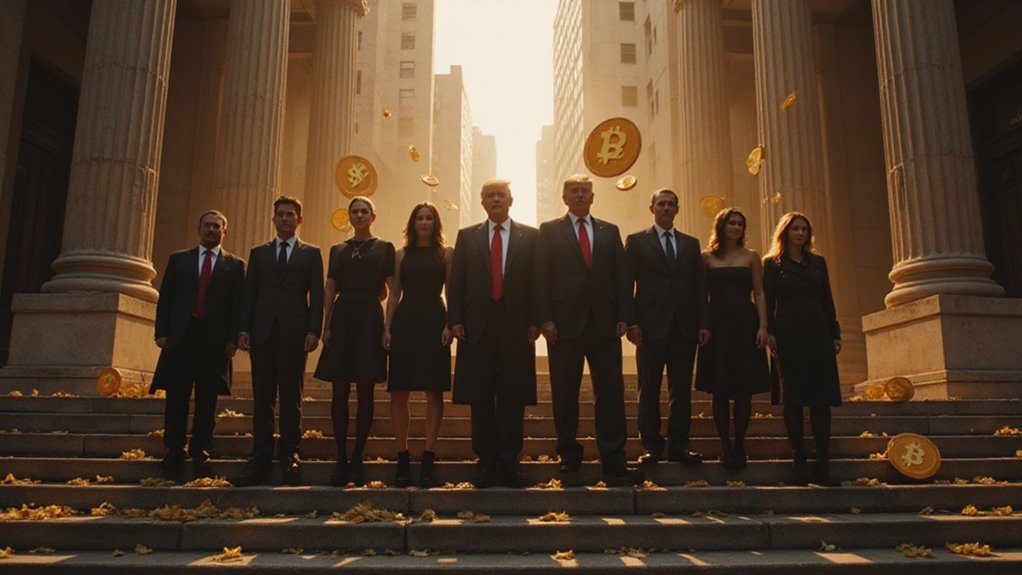In a watershed moment for cryptocurrency adoption, blockchain payment giant Ripple has publicly lauded Dubai’s forward-thinking approach to digital asset regulation.
The endorsement comes as the emirate’s Virtual Assets Regulatory Authority (VARA) continues to establish itself as the gold standard for crypto oversight—striking that elusive balance between fostering innovation and safeguarding investors that has proven so maddeningly difficult for regulators elsewhere.
Dubai’s regulatory framework has emerged as something of a revelation in the often chaotic crypto landscape.
Amid crypto’s regulatory wilderness, Dubai’s framework shines as an oasis of coherence and foresight
VARA’s licensing requirements for exchanges, wallet providers, and blockchain enterprises have created an ecosystem where transparency isn’t merely aspirational but requisite. The UAE’s unified licensing process for Virtual Asset Service Providers demonstrates a cohesive approach lacking in many other jurisdictions.
This approach (revolutionary in its clarity, if not in its principles) has positioned Dubai as a global leader in cryptocurrency governance.
The emirate’s zero personal income tax policy coupled with minimal corporate taxation has proven irresistible to crypto entrepreneurs and established firms alike.
Such financial incentives—alongside VAT requirements that introduce just enough fiscal responsibility to maintain credibility—have accelerated Dubai’s transformation into a fintech magnet.
One might reasonably ask: what jurisdiction wouldn’t want this combination of regulatory clarity and tax efficiency?
Beyond regulation, Dubai’s integration of blockchain technology into public services demonstrates a commitment that transcends mere financial opportunism.
The Dubai Blockchain Strategy represents genuine technological adoption rather than the performative innovation theater practiced in competing jurisdictions.
The economic impact has been substantial, with job creation in fintech sectors diversifying an economy traditionally reliant on other industries.
Cabinet Decision No. 100 of 2024 further strengthens Dubai’s appeal by exempting most virtual asset transactions from the standard 5% VAT starting November 15, 2024.
Public-private partnerships have flourished, with government initiatives providing structural support for entrepreneurial ventures.
As the recent Fintech Summit highlighted, Dubai’s ascendance as a crypto hub reflects a carefully cultivated ecosystem rather than fortuitous circumstance.
Exchanges like HashKey Global are expanding into the region with MENA-specific services that cater to both retail and institutional clients seeking regulated trading environments.
For companies like Ripple—no strangers to regulatory vagaries¹—Dubai’s approach represents not merely a haven but a template for what enlightened crypto governance might resemble globally.
¹Regulatory challenges being somewhat of an understatement.









